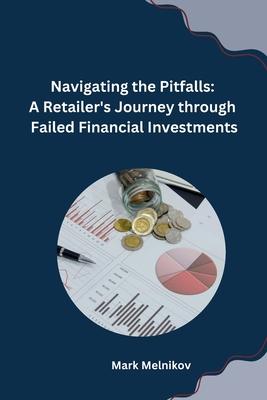In the ever-evolving landscape of the retail industry, there is no denying the crucial role that financial investments play in the success or failure of a business. For retailers, understanding the importance of smart financial decisions and avoiding the pitfalls of failed investments is paramount to thriving in a competitive market. This subchapter aims to shed light on the significance of financial investments in retail, specifically focusing on the niche of failure, providing valuable insights and lessons learned from past missteps.
One of the primary reasons financial investments are vital for retailers is the need for continuous growth and expansion. In an industry that demands constant innovation and adaptation, investing in new technologies, store improvements, and marketing campaigns becomes essential to stay relevant and attract customers. However, failure to allocate funds strategically can lead to wasted resources and ultimately, financial ruin. By examining the failures of others, retailers can gain valuable knowledge on what not to do and learn from the mistakes of the past.
Additionally, financial investments are critical for retailers looking to enhance their operations and improve efficiency. Whether it is implementing an advanced inventory management system or upgrading point-of-sale technology, investing in the right tools can streamline processes, reduce costs, and drive profitability. Conversely, investing in ineffective or unnecessary solutions can drain resources and hinder growth, leading to failure. Understanding the importance of conducting thorough research and due diligence before making any financial commitments is crucial for retailers in avoiding such pitfalls.
Furthermore, financial investments can also be instrumental in building a strong brand and customer loyalty. Investing in marketing campaigns, customer experience enhancements, and product development can help retailers differentiate themselves from competitors and create a unique value proposition. However, ineffective investments in marketing or failing to meet customer expectations can erode brand reputation and lead to a loss of customer trust. By studying examples of failed investments, retailers can gain insights into what works and what doesn’t, enabling them to make educated financial decisions that align with their brand vision












